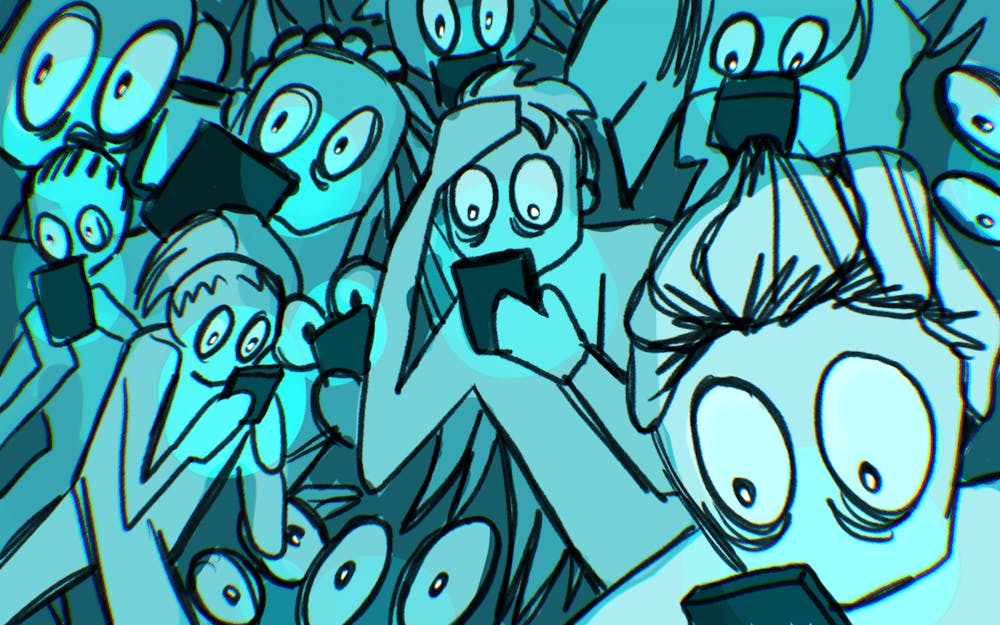Picture this: you’re scrolling through TikTok when you see a video using an unfamiliar sound. You check the comments and see half of them are along the lines of “What’s the song?” or “Song?”
Being the apparently abnormally clever person you are, you take a cursory glance at the video caption and audio description, determining the song title and artist in a matter of seconds. Less time than it would have taken you to type out yet another “Song title?” comment, in fact.
This is a fairly common, slightly annoying occurrence online nowadays. The popular term “chronically online” captures this phenomenon, describing the many people who just seem to turn off their brains when they turn on their phones. This habit of shutting down our critical thinking is harming the way we think and see the world.
One example of this is when ambulatory wheelchair users post videos of themselves standing up or walking.
The replies on posts like these are often flooded with comments along the lines of “We weren’t supposed to see that” or “They can walk?” Instead of seriously thinking critically about the fact that many wheelchair users aren’t paralyzed, many people jump to the quickest and dirtiest assumption.
[Related: OPINION: Anonymity is rare in reality and this should be the case digitally]
Another more sordid case comes from the so-called “true crime community.” Members of this group are dedicated to researching (and sometimes attempting to solve) murders. While most members are respectful and empathetic in their interests, others take it too far.
Some individuals glorify and even sexualize some of the most horrific murderers in American history. They post images of serial killers like Jeffrey Dahmer and Ted Bundy remarking on their attractiveness. They focus more on the gory particulars than on the real human lives that were taken away.
The internet blurs the line between actual human being and character on the screen. There’s a big difference between interacting with a real flesh-and-blood person and your phone. This lack of connection leads us down harmful paths.
This ability to slip out of reality affects the world around us. The internet isn’t “real.” Sure, but the people who use it are.
[Related: OPINION: Kids on the internet need more protection]
One example of this is the somewhat-tongue-in-cheek conspiracy theory that deafblind activist Helen Keller faked her disability. Though it may sound silly, I have had several of my peers seriously believe the theory and bring it up to me as if it were fact.
A lot of internet users now expect information to be spoon-fed to them. They see ideas and take them at face value, not bothering to think particularly hard about the issue because it takes too much effort.
The internet can be a tough place for spreading real information. But if we work together, stay vigilant and raise our eyebrows about what’s happening on the apps we frequent, the world can be a more honest place.
Danny William (they/them) is a freshman studying media.






